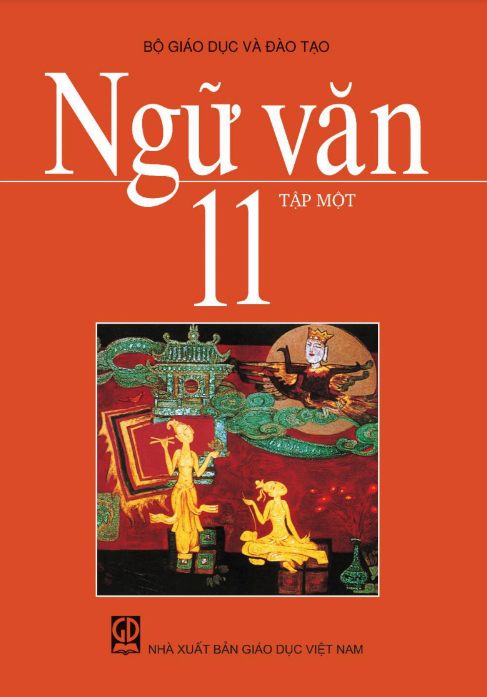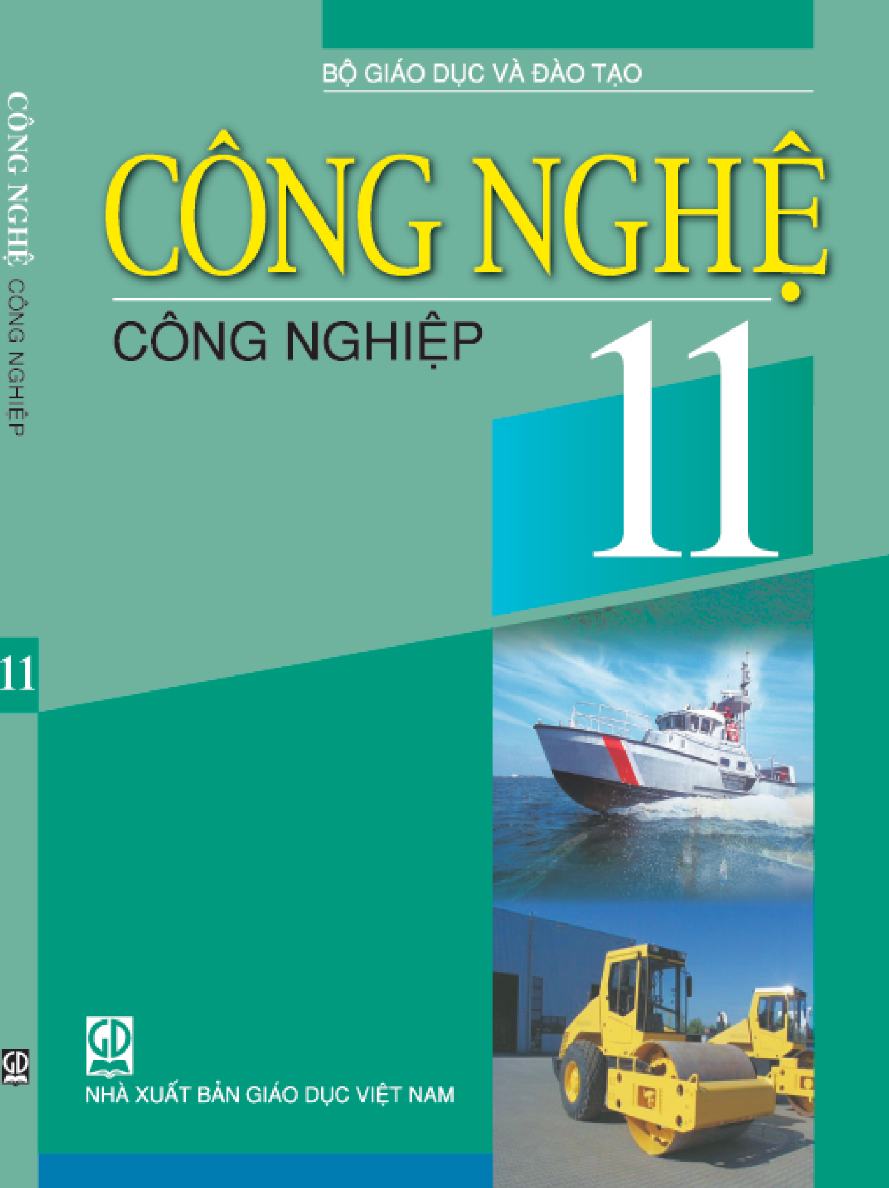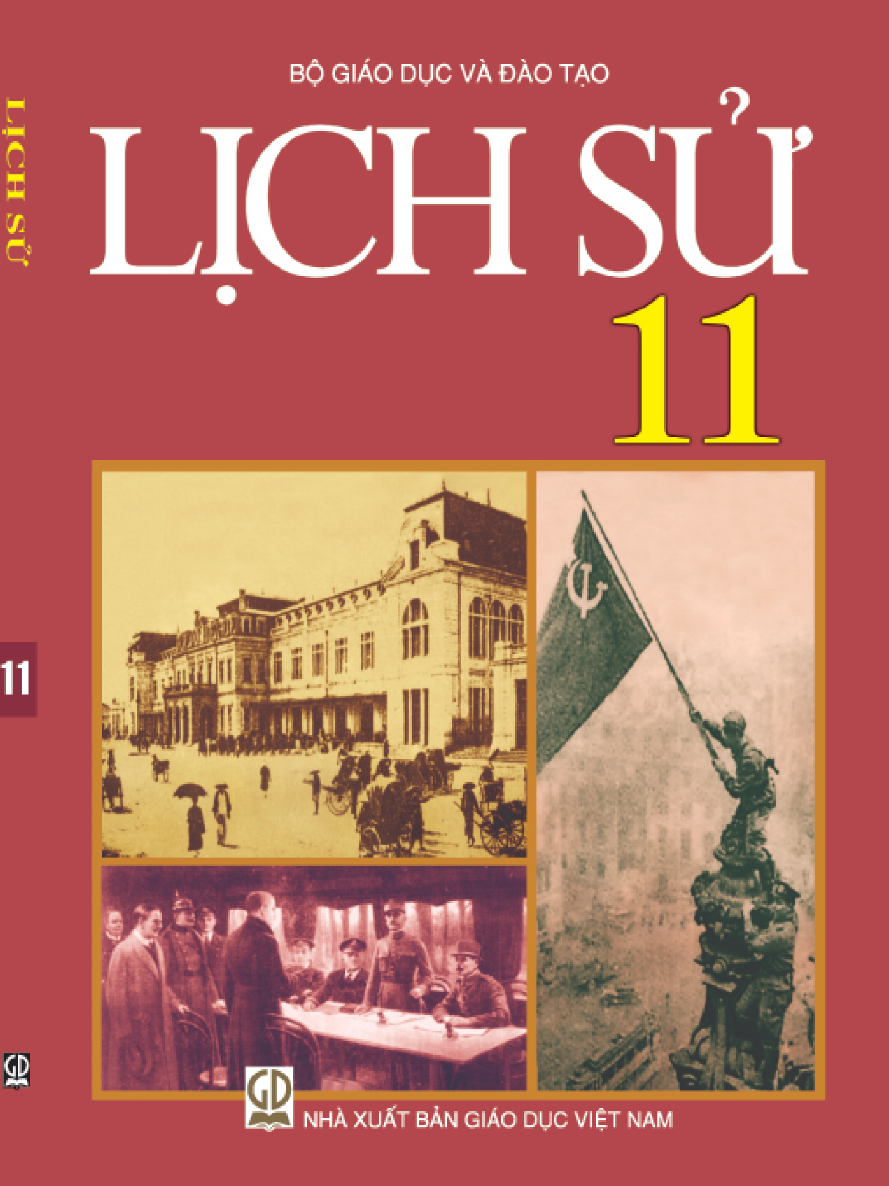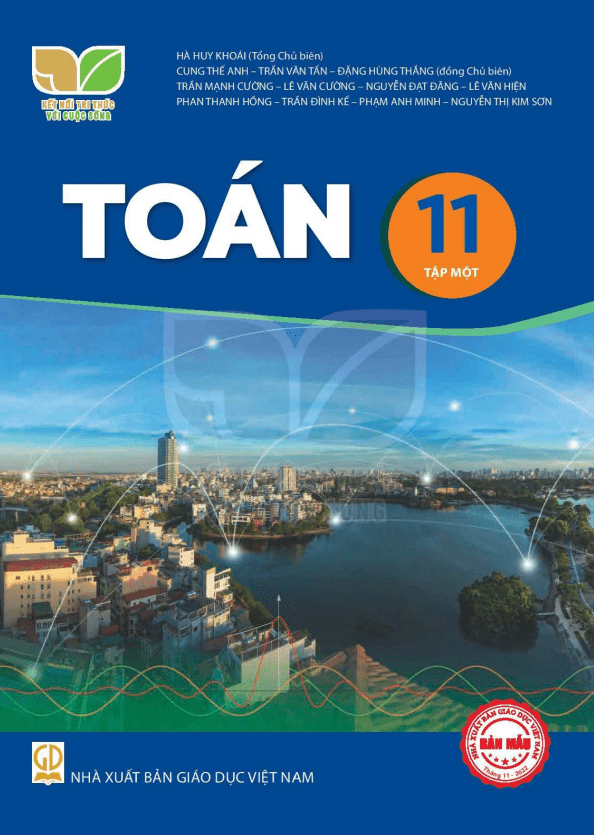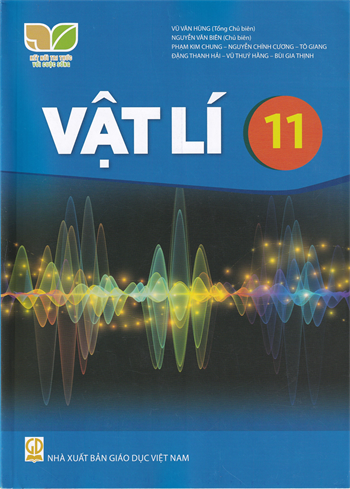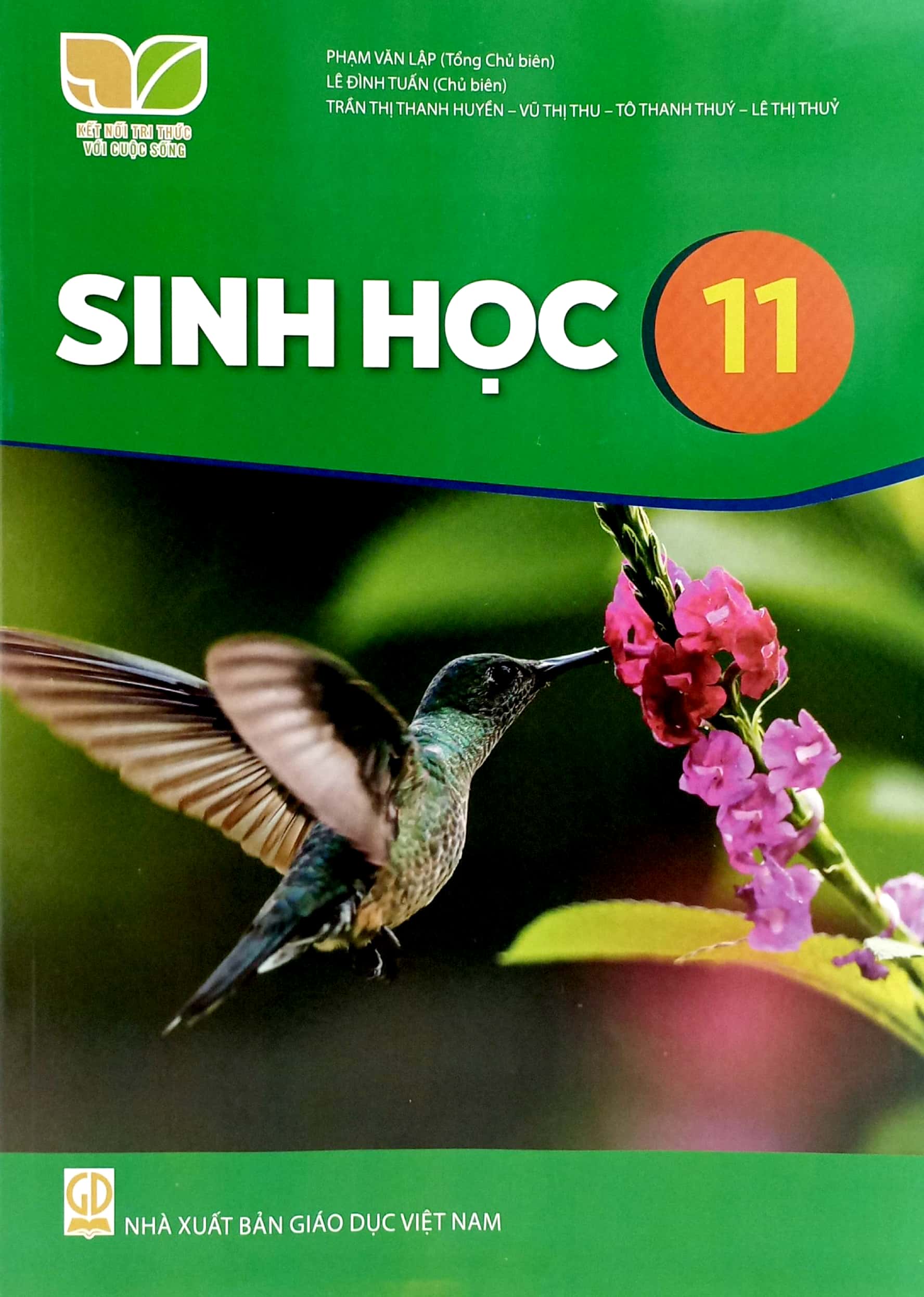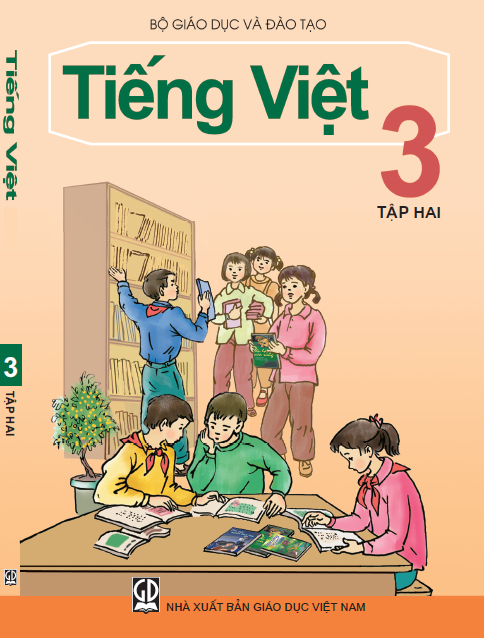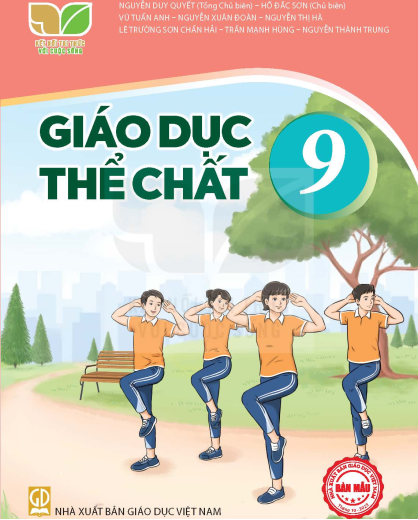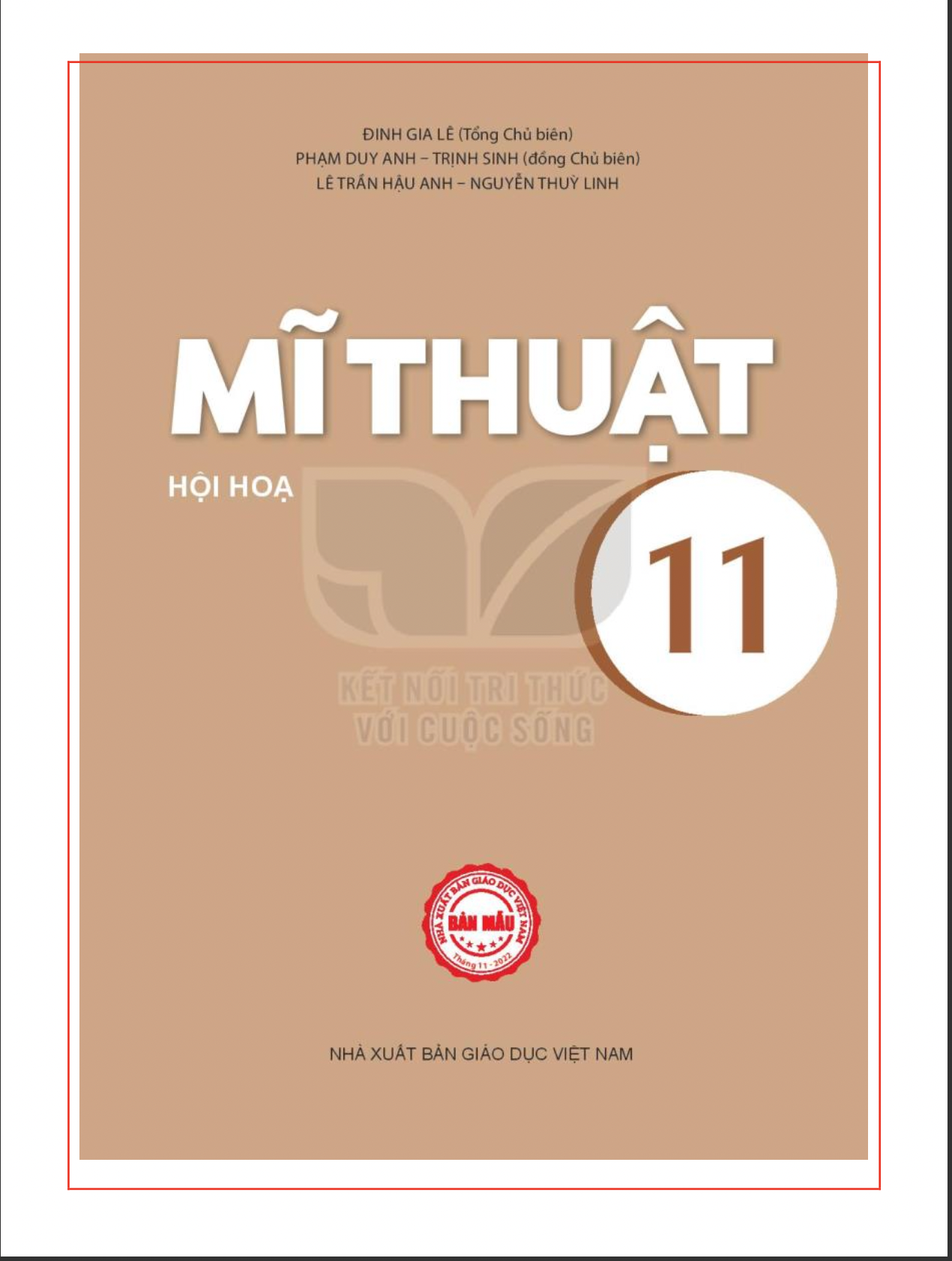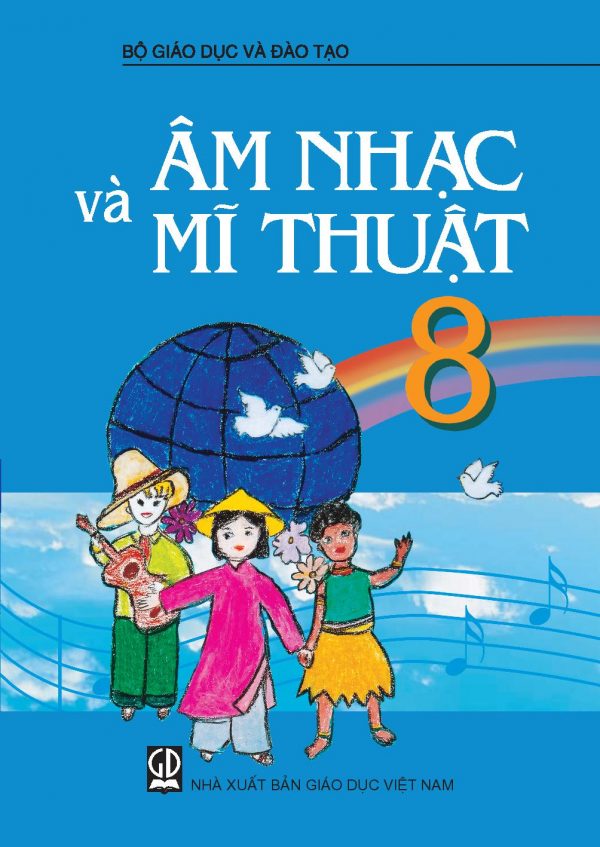(Page 11)
I can use articles and talk about plans and predictions.
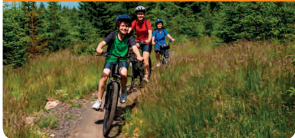
1 SPEAKING Look at the photo in pairs. Is this an activity you enjoy? Why? / Why not?
2 In pairs, read the dialogue and decide whether each gap should be a / an, the or- (no article). Write your answers.
Leah What are you up to at 1____________ weekend, Toby?
Toby I'm going to go for 2____________ you fancy coming too? bike ride on Saturday. Do
Leah I can't, I'm afraid. I'm going to help my dad with some gardening. We're going to do some work for a neighbour.
Toby That doesn't sound like 3____________ your weekend. Gardening is 4____________ according to the forecast, 5____________ going to be good. best way to spend hard work! And weather isn't
Leah I know. But 6____________ neighbour is going to pay us for it. My dad's 7 ____________ gardener, so he's got the right tools.
Toby Really? I'll come and help you. I mean, if that's OK with you and your dad ...
Leah Sure. We'll share 8____________ money with you: £109 hour. But what about 10____________ bike ride?
Toby I'll go on Sunday instead. The weather will probably be better then. Do you want to come?
Leah Yes, please. I love 11____________ bike rides. But let's go in 12____________ afternoon. I'll be exhausted when I wake up!
3  Listen and check your answers. When are Toby and Leah going to do the activity in the photo?
Listen and check your answers. When are Toby and Leah going to do the activity in the photo?
4 Study the use of articles in the dialogue. Complete the Learn this! box with a / an, the or - (no article).
LEARN THIS! Articles
a We use 1____________ time and 2____________ when we mention something for the first when we mention it again.
b We use 3____________ when it is clear what we are talking about, and in superlatives.
c We use 4____________ to say what someone's job is.
d We use 5____________ when we make generalisations.
e We use 6____________ to mean 'per' or 'in each'.
f There are set phrases which do not follow a rule.
| go to school | at 7____________ weekend | watch TV |
| go to the cinema | in 8____________ morning/afternoon | |
| on Monday | listen to the radio | |
5 Complete the sentences with a / an, the or - (no article). Use rules a-f in the Learn this! box to explain your answers.
1 My mum is violin teacher. In fact, she's violin teacher in our town. only
2 I love Chinese food and there's Chinese restaurant near my house. great
3 My brother, who is accountant with one of largest companies in London, earns £100 hour.
4 If you're hungry, there's sandwich in fridge.
→ Grammar Builder 1.3 page 114
LEARN THIS! will and be going to
a For predictions, we use:
1 be going to when it is based on what we can see or hear.
2 will when it is based on what we know or is a guess.
b For plans, we use:
1 be going to when we have already decided what to do.
2 will when we are deciding what to do as we speak.
c For offers and promises, we use will.
d In spoken English, we usually use the contracted and weak forms 'll, 'm, 's, 're instead of will, am, is, are.
e Use the full and strong forms will, am, is, are to answer a yes-no question.
- Will you come? -Yes, I will. I'll come immediately.
6 Read the Learn this! box. Then underline an example of each of the uses of will and be going to in the dialogue.
7 Complete the sentences with the correct form of will or be going to and the verbs in brackets. Write which rule in the Learn this! box you are following.
1 That train____________ (not stop) here - it's going too fast.
2 'We____________ (spend) the weekend in Paris.'
'Lucky you. You____________ (have) a great time!'
3 'Help! I____________ (drop) one of these boxes.'
'Don't worry. I____________ (take) one for you.'
4 I____________ (go) into town this afternoon. But I
____________ (not be) home late, I promise.
→ Grammar Builder I.4 page 114
